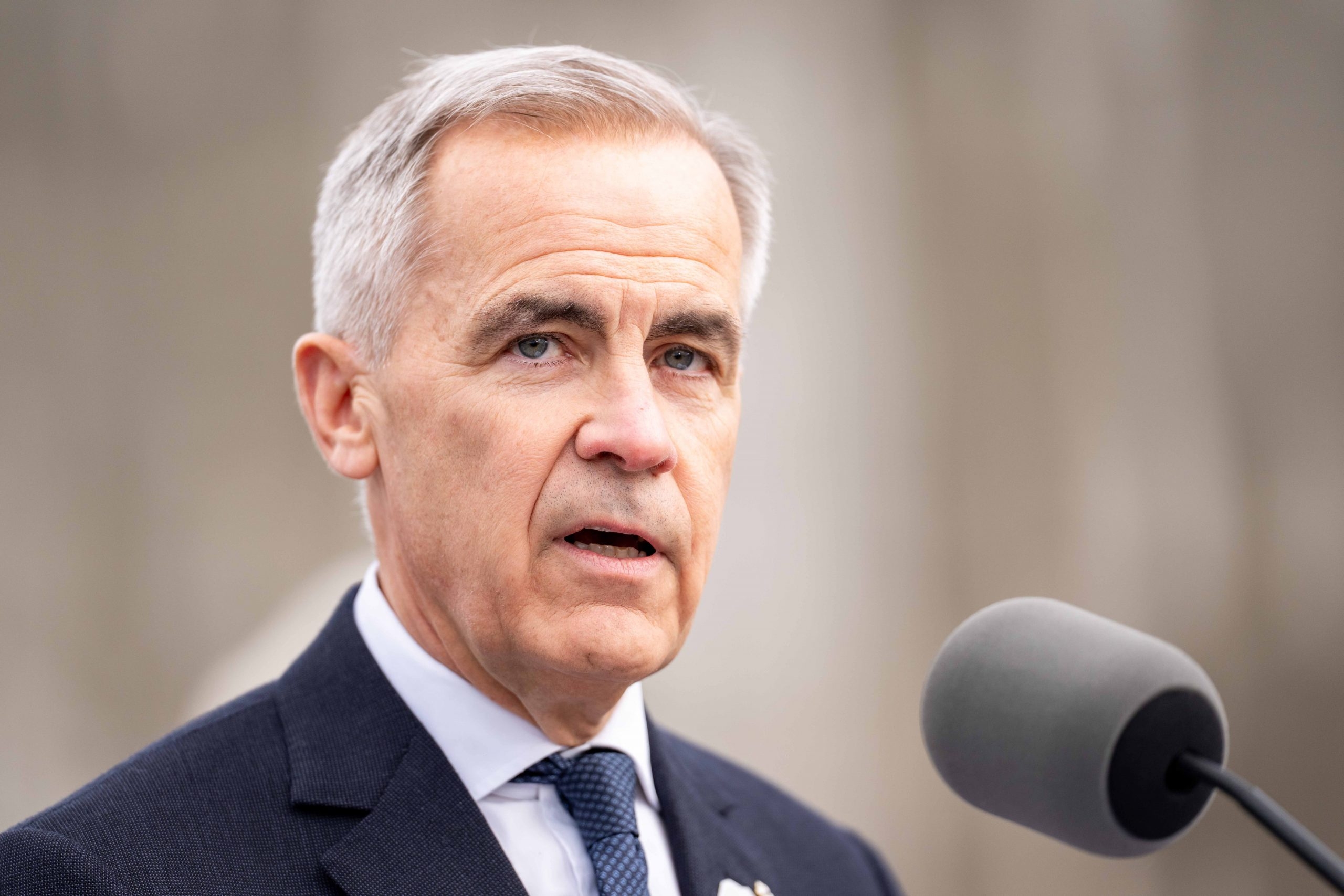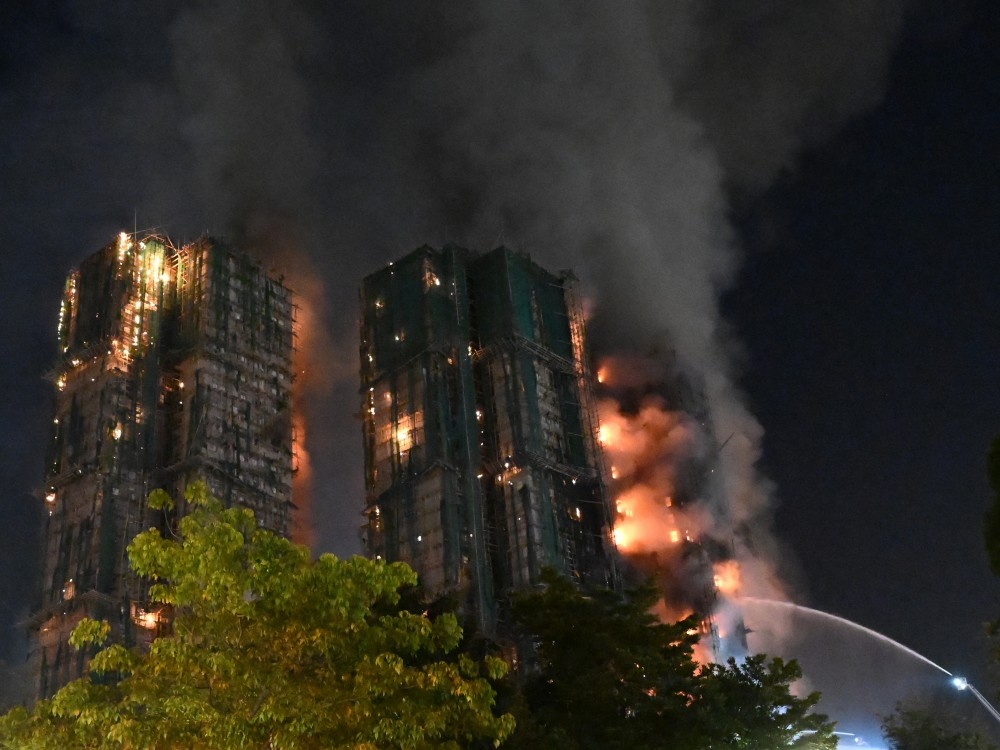The holiday season descended into chaos for travelers heading to Los Angeles International Airport as a wave of protests brought traffic to a grinding halt. Hundreds of demonstrators took to the streets, effectively barricading access to one of the nation’s busiest transportation hubs during a peak travel period.
Century Boulevard, the main artery leading to LAX, became a scene of stranded vehicles and hurried footsteps. Passengers, desperate to catch their flights, were forced to abandon their cars and race towards the terminals, luggage in tow, against the backdrop of mounting frustration.
The initial demonstration unfolded Tuesday evening, with protesters halting traffic around the airport’s primary pickup and drop-off areas. Law enforcement, clad in riot gear, eventually intervened, slowly dispersing the crowd and restoring a semblance of order after 6:15 p.m.
But the unrest didn’t end there. Wednesday morning brought a new surge of activity, this time within the confines of Terminal 7. Workers affiliated with a major security officers union joined the fray, amplifying the disruption and adding another layer to the escalating conflict.
At the heart of the protests lies a bitter labor dispute between Unite Here Local 11 and Flying Food Group, a key airline-catering contractor at LAX. Employees are demanding a new contract that addresses concerns over wages, safety, and overall working conditions.
“People don’t care about the people who make food and put it on their plates,” lamented Susan Minato, co-president of Unite Here Local 11, highlighting a sense of invisibility felt by those working behind the scenes. The union aimed to make their presence undeniably known.
Acknowledging the inconvenience caused to travelers, Minato defended the timing of the demonstrations. She argued that peak travel periods, while disruptive, are precisely when such actions garner the necessary attention to their cause.
This isn’t the first victory for the union. Earlier in the year, they successfully advocated for a city ordinance that will raise minimum wages for hotel and airport workers to $30 per hour by 2028, a testament to their growing influence.
Despite assurances that Wednesday’s protests wouldn’t completely block vehicle access, authorities remained on high alert, bracing for further disruptions amidst the ongoing holiday travel surge. The situation underscored the delicate balance between the right to protest and the need to maintain essential transportation services.





